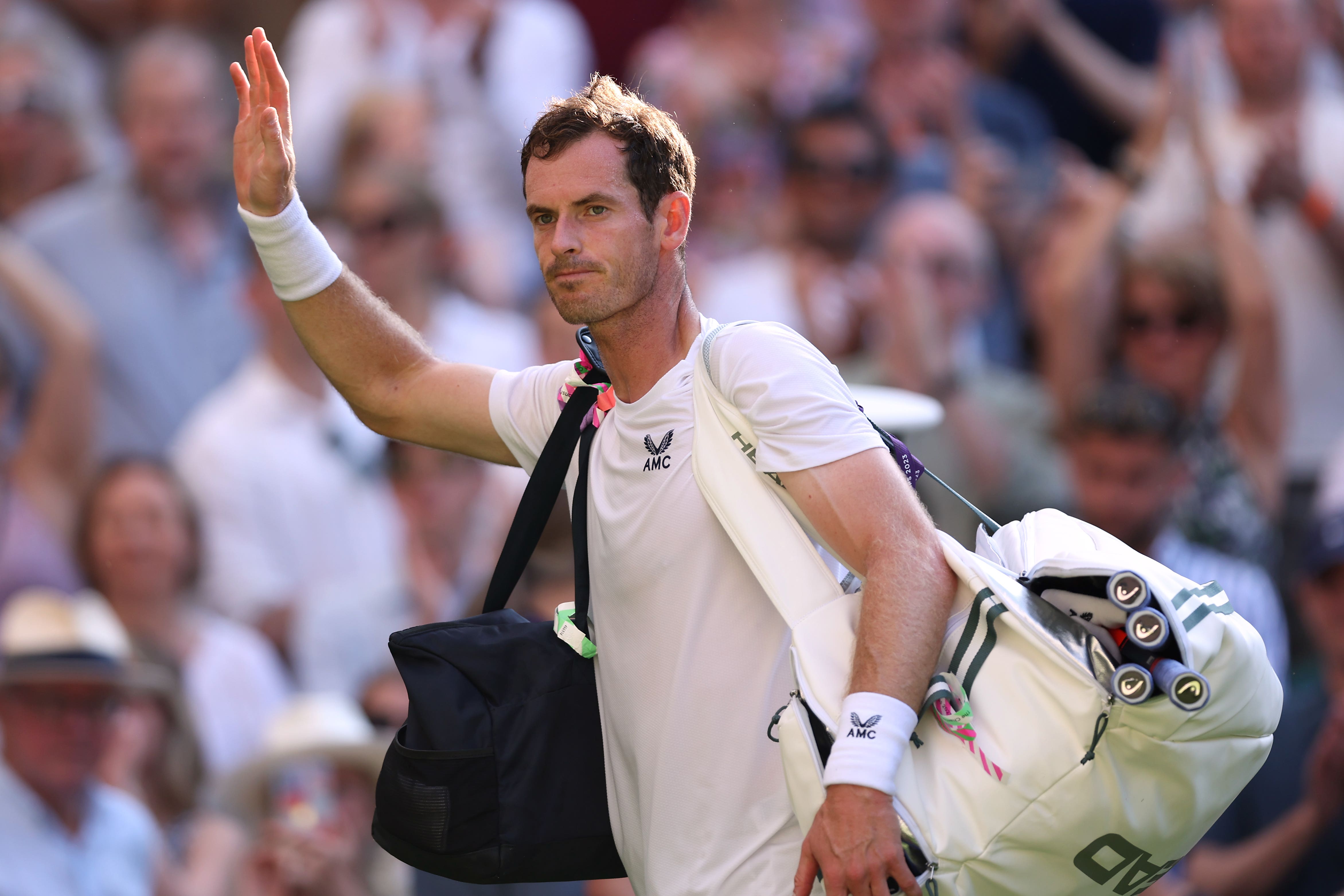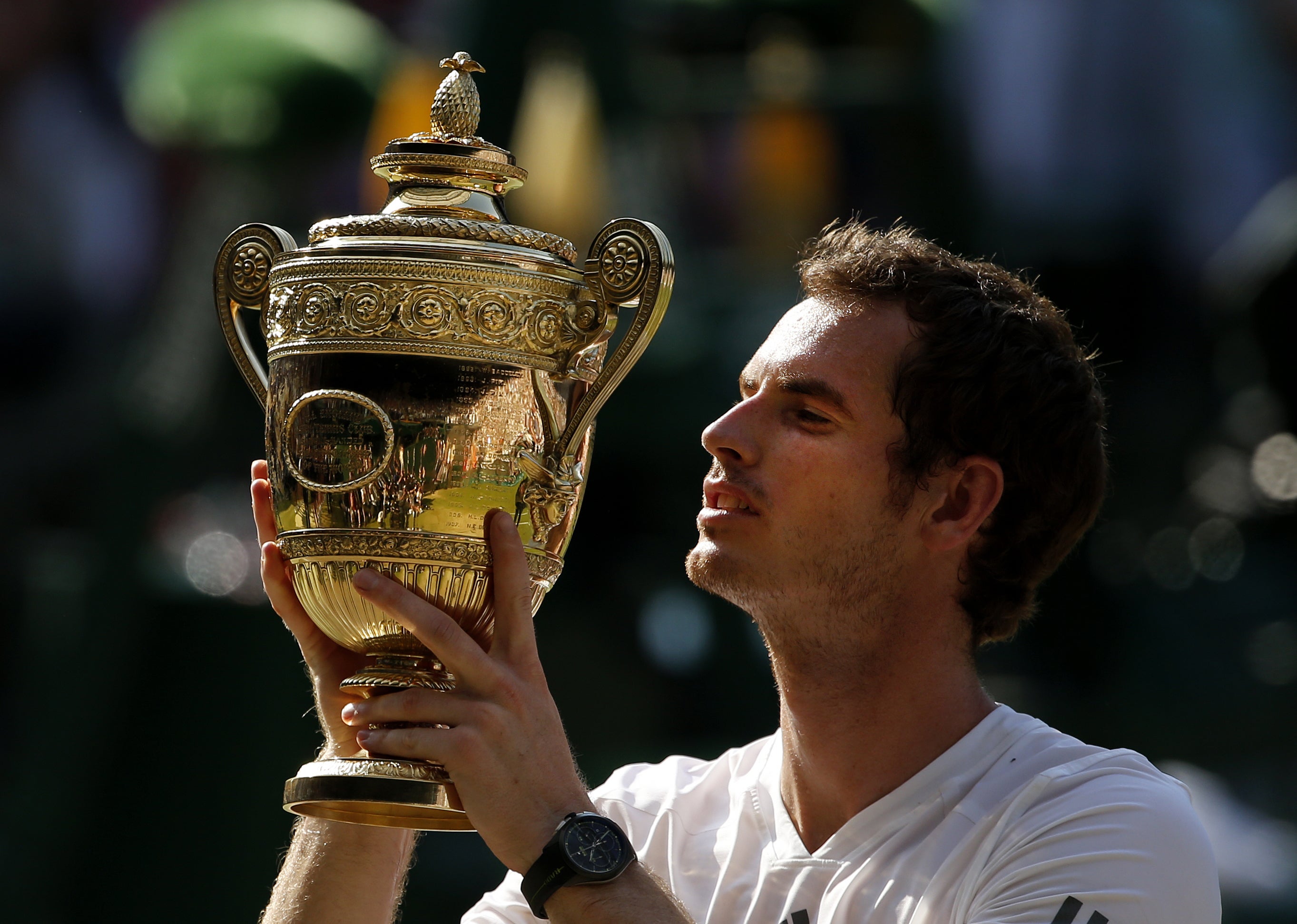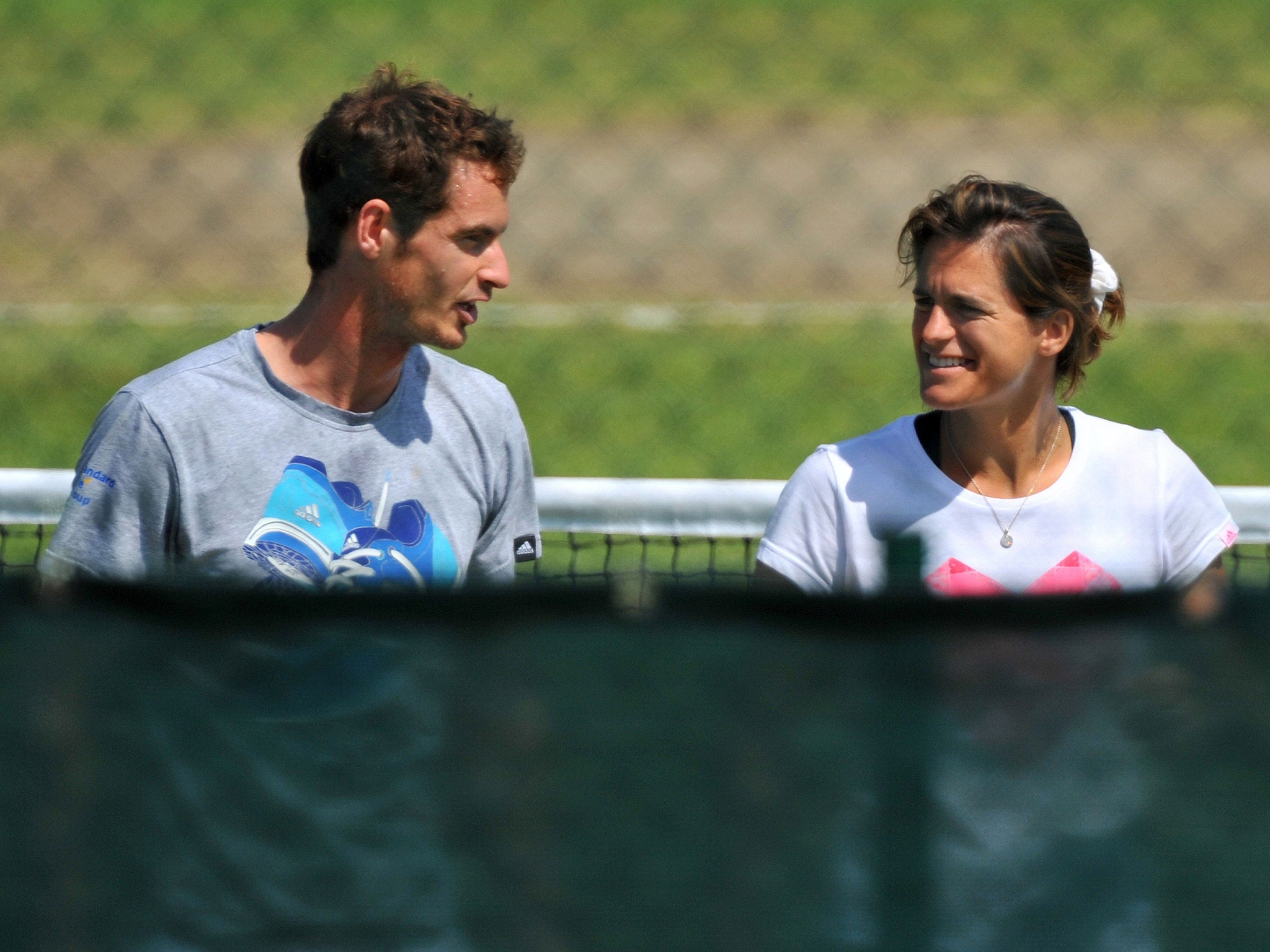Andy Murray’s greatest accomplishment isn’t on the tennis court
After the Scot announced he will call time on his incredible career after the Olympic Games in Paris, Gemma Abbott explains why it isn’t his prowess on the tennis court that she’ll remember him for


Your support helps us to tell the story
From reproductive rights to climate change to Big Tech, The Independent is on the ground when the story is developing. Whether it's investigating the financials of Elon Musk's pro-Trump PAC or producing our latest documentary, 'The A Word', which shines a light on the American women fighting for reproductive rights, we know how important it is to parse out the facts from the messaging.
At such a critical moment in US history, we need reporters on the ground. Your donation allows us to keep sending journalists to speak to both sides of the story.
The Independent is trusted by Americans across the entire political spectrum. And unlike many other quality news outlets, we choose not to lock Americans out of our reporting and analysis with paywalls. We believe quality journalism should be available to everyone, paid for by those who can afford it.
Your support makes all the difference.What is your defining memory of Andy Murray’s glittering career? Is it the moment he fell to his knees after winning Wimbledon, ending a 76-year drought since the trophy was last lifted by a British man? His triumph at the US Open, perhaps? Maybe it’s one of his nailbiting matches against Djokovic? Or Federer? Or Nadal?
For me, it won’t be the fact he single-handedly rescued British men’s tennis from the doldrums – in my opinion, Andy Murray’s greatest achievement is becoming the most impressive and forthright feminist to have graced men’s sport.
That’s far more impressive than holding the pineapple-topped Wimbledon men’s trophy aloft to the sound of rapturous applause. I only hope he realises it.
The emotions will be incredibly raw as the reality of a life without Grand Slam adventures sinks in and he contemplates a future without elite-level competition for the first time since the tender age of five, when he competed in his first tournament.
In his early days on the circuit, Murray struggled with the media. Or perhaps, more accurately, the media struggled with him. He came across as lukewarm, curt and sometimes downright rude.
As the years went by, the world began to warm to the Scot, and one of Murray’s most endearing qualities that began to shine through was his passionate sense of morality.
Above all, though, it’s his relentless defence of his fellow sportswomen that has positioned him head and shoulders above other male players and propelled him into his status as a global icon.

Murray has railed against misogynistic attitudes in the world of tennis and hasn’t hesitated to call out the game’s casual sexism. In a 2017 press conference, he calmly replied to a journalist who said Sam Querrey was the first American to reach a grand slam semi-final since 2009. “Male player,” Murray corrected, reminding the world that Serena Williams had won several Wimbledon women’s titles during that period.
A year before that, veteran BBC sports host John Inverdale found himself in the firing line when he said Murray was the first person to win two Olympic gold medals in tennis. “Well, to defend the singles title,” Murray replied. “I think Venus and Serena have won about four each.” And the universe cringed on John’s behalf.
Murray counts Billie Jean King among his millions of fans. The former champion and relentless campaigner for womens’ rights once tweeted that his “greatest impact on the world may be yet to come”.
And let’s not forget, Murray has argued loudly for equal pay in tennis and quietly ignored several raised eyebrows in the sport when he decided in 2014 to boldly hire a female coach in Amelie Mauresmo.

You don’t have to look very far to ascertain where all this comes from. The two most important women in his life: Judy and Kim.
Growing up, Murray’s mum was the most powerful influence in his life. A tireless force of nature, Judy has become an icon in her own right. A successful 20-year career as a tennis coach and former captain of the GB Fed Cup team, Judy helped guide both her sons through the arduous journey to become world-beating tennis stars. Now one of the most influential and inspiring voices in sport, Judy is a motivational speaker (no surprise there) and a tireless defender of her son’s right to privacy.
Without Judy being Judy, would Andy be Andy? No question.
Judy has stood firmly behind her son since the day he stepped foot on a tennis court and it’s no coincidence that Andy is now one of a small group of elite global athletes who have managed to transcend their sport through personal integrity.
Kim, meanwhile, has been Andy’s rock. During his highs and lows Kim’s courtside support has been constant, and the couple’s unwavering devotion to each other has been a source of strength. The couple share four children and Andy has spoken candidly about how his love for his family – and his desire to be a good husband and father – will ease the pain of retiring from the sport he loves.
So while we all prepare for one of British tennis’ brightest lights to bow out after the Olympic Games in Paris, I feel comfort in thinking Billie Jean was probably right. This is probably just the very beginning of Andrew Murray’s influence on the world of sport.
Join our commenting forum
Join thought-provoking conversations, follow other Independent readers and see their replies
Comments